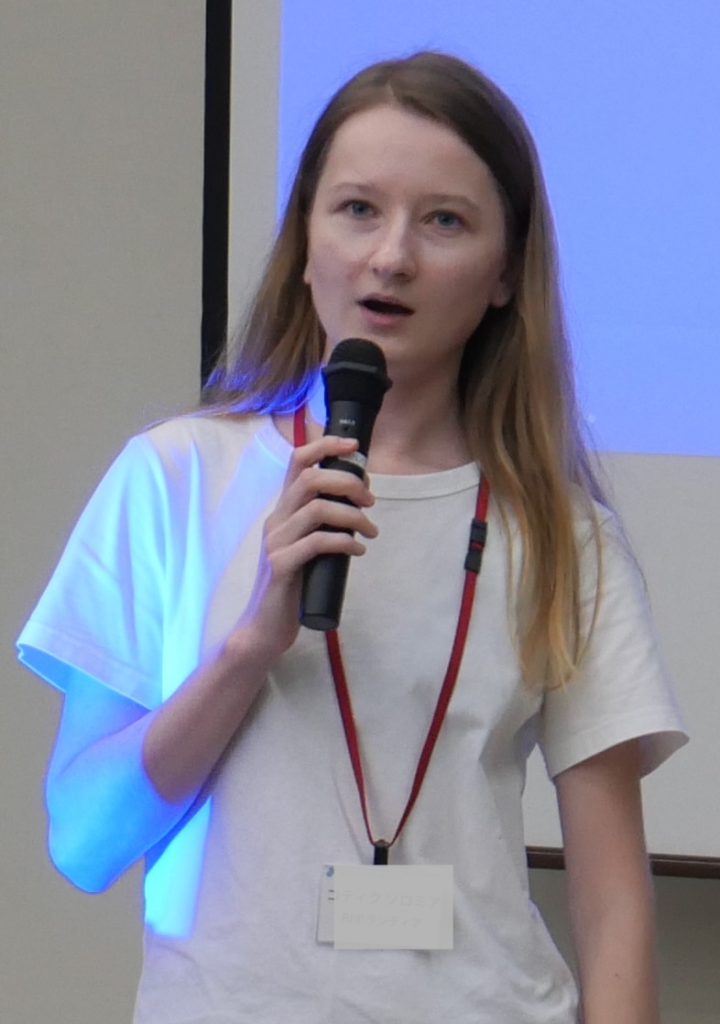Pathways Japan is expanding its support for job hunting so that refugee and displaced students admitted to Japan can find and realize their career goals in Japan. As part of these efforts, a “Japanese Language Seminar for Job Hunting ” and a “Job Hunting Seminar” to meet with companies were held in October 2024.
In the “Japanese Language Seminar for Job Hunting” students learned the Japanese language necessary for job hunting, including keigo (honorific expressions), and practiced self-introductions and how to ask questions of companies,
Later, at the “Job Hunting Seminar,” students practiced interviewing with the cooperation of more than 10 companies.
We will report in three stories on the two events and the stories of senior students who have been engaged in job hunting since last year.
In this first issue, we introduce the experiences of senior students who have job-hunted. 2 of them shared their own experiences in the “Japanese Language Seminar for Job Hunting” and provided information to younger students.
Abdallah, from Syria

Abdallah came to Japan in 2019 at the age of 19 after fleeing to several countries, including Yemen, Saudi Arabia, and Turkey, following the outbreak of civil war in Syria. After studying at a Japanese language school for two years, he went on to university to study information and electronics engineering. He is currently a senior at university and plans to start working at an IT company in Tokyo next spring.
*Please click here for an interview in which he talks about his experiences, including life before coming to Japan, at a Japanese language school and his time at university .
In his job hunting, which began in earnest in his third year of university, he actively gathered useful information from his university friends and went through the process of preparing application documents and going to interviews. The SPI test that many companies require was difficult even for Abdallah, who has Japanese Language Proficiency Test (JLPT) N1 (highest qualification), but he tried to find a company that would value his current abilities and experience, as the level of importance placed on SPI test scores also differs from company to company. From his experience of applying to many companies before receiving a job offer, he said, “Don’t be afraid of failing because it means the company doesn’t fit you.”
He also talked about how he had worked on his job hunting by concretizing what he wanted to achieve in his career and clarifying the axis of his job hunting, saying, “It is important to choose something that is unique to you and appeal to that in a concrete way.”
Solomia from Ukraine

Solomia has been interested in the Japanese language since childhood and studied Japanese at National University of Kyiv. Due to the Russian invasion of Ukraine, she came to Japan in 2022, studied at a Japanese language school for 2 years, and started working at an IT company in April 2024.
*Please click here to read her message about her experiences from before she came to Japan until she graduated from a Japanese language school.
Solomia began her job hunting in her second year at a Japanese language school. She was surprised to learn at a job hunting related event that job hunting in Japan starts early, but she proceeded by utilizing various platforms and personal connections. In particular, in terms of networking, she said, “It is important to get support from the people around you,” as her friends told her about companies and she applied, which led to a job offer.
In addition to improving her Japanese language skills, she took an online course in IT skills to develop her professional skills (hard skills) and obtained a certification. She said, “It is important to showcase your strengths while striving to develop your skills.
She also shared her experiences during the first six months after joining the company. The six months were spent as training, learning business manners, IT skills, etc. with other Japanese employees. She found great value in the fact that Japanese companies have well-developed programs for training new employees and nurturing those with no experience, and told the other students, “I hope you will apply for the job without any anxiety, even if you have no experience.”
By listening to the stories of senior students, participants were able to get a concrete image of what it would be like to pursue job hunting in Japan, and this helped to increase their motivation. Even after the students took the stage, some of them asked questions individually about their job hunting activities.
After this, the students proceeded to a course to actually learn Japanese for their own job hunting. In our next report, we will introduce the “Japanese for Job Hunting” course.
